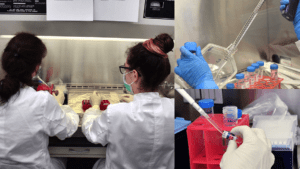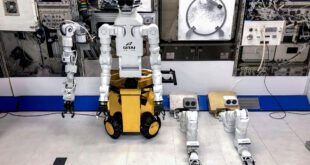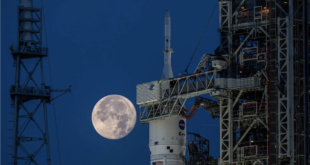
Edinburgh, 27 August 2021. – The next ISS supply flight will bring tissue stem cells from two women and two men of different ages to the International Space Station to further advance the industrial production of human tissue in zero-gravity, Airbus said.
The experiment will be carried out on the Space Hub of the University of Zurich (UZH) and Airbus Defence and Space. Initial tests on the ISS 18 months ago were successful.
Project “3D Organoids in Space” started in 2018 and is a joint project of UZH and Airbus.
They use microgravity in space to grow three-dimensional organ-like tissues (organoids) from human adult stem cells. With the help of these organoids toxicological studies could be carried out directly on human tissue. Organoids grown from patient stem cells could also be used in the future to enhance tissue replacement of damaged organs.
During the research of March 2020, 250 test tubes containing human stem cells were sent to the ISS for a month. Differentiated organ-like liver, bone and cartilage structures had developed successfully from the stem cells in microgravity. In contrast, the control cultures created on Earth under normal gravity conditions, showed no or minimal cell differentiation. The advantage of growing these organoids in space is that they can be produced without supporting skeletons because of the lack of gravity.
The new research will test how robust the method is when using biologically different cells. UZH scientists would also like to know how long and in what quality they can keep the space-grown organoids in culture after they return to Earth. The sample material will arrive to our planet at the beginning of October with the first results expected in November. As production of 3D organoids is easier and more reliable in microgravity, the project is of great interest to pharmaceutical companies.





